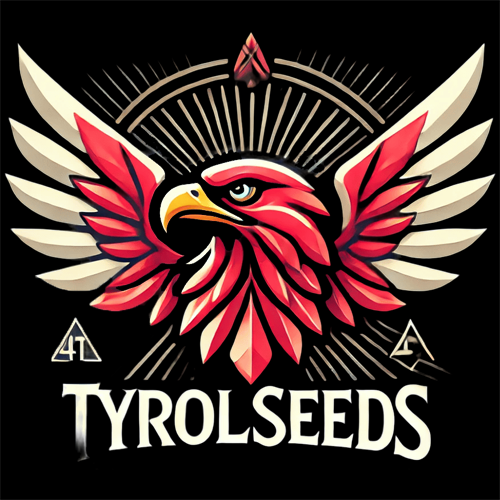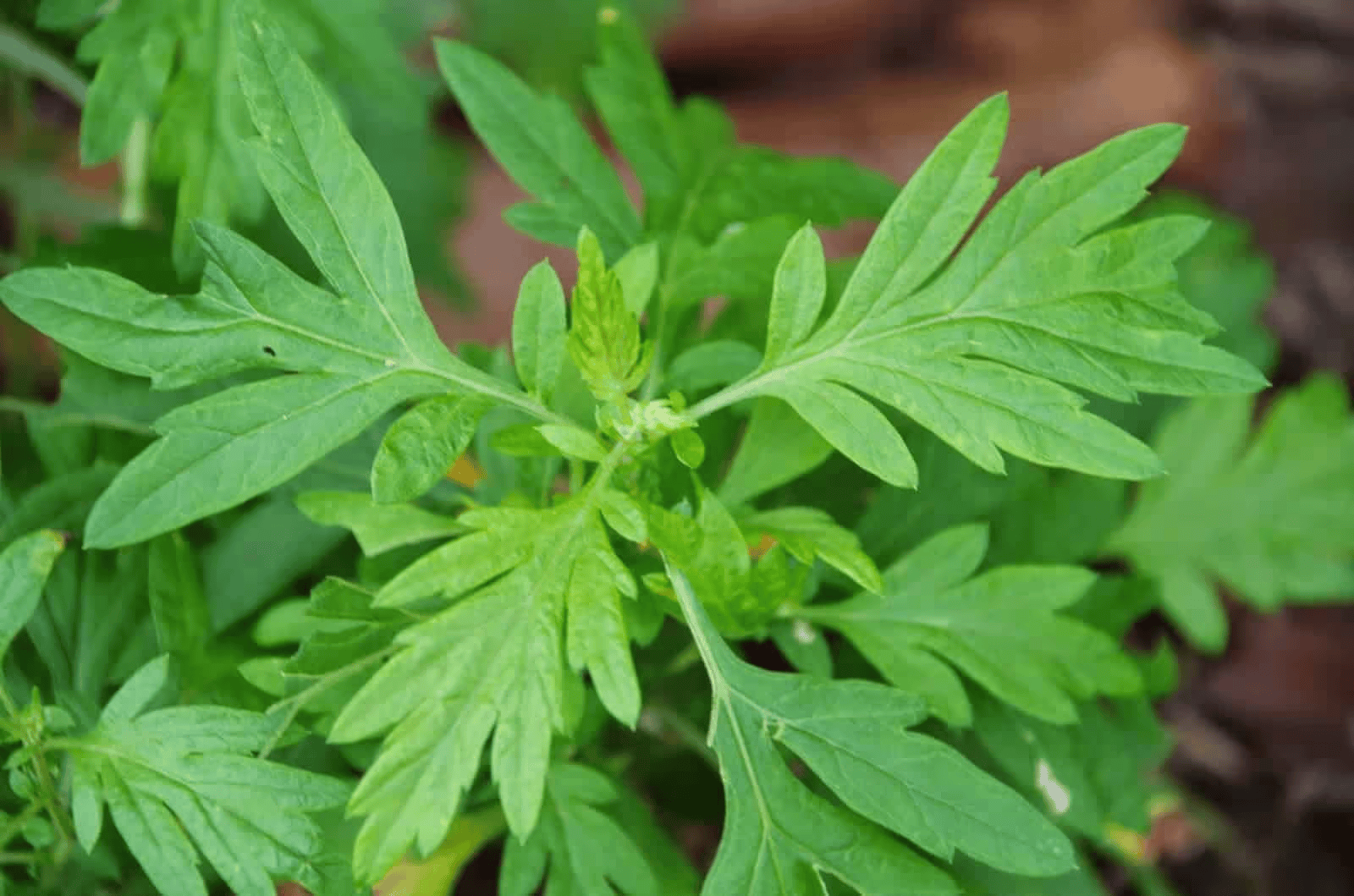Mugwort is a general name for several aromatic flowering plants within the genus Artemisia. In Europe, the term typically refers to Artemisia vulgaris, known as common mugwort. While other species have specific common names, they are often simply called “mugwort” in various contexts.
Mugwort (Artemisia vulgaris) is a versatile plant with a long history of traditional uses. Known for its antiseptic and antifungal properties, it is used as a tonic, expectorant, and digestive aid. The leaves can be consumed raw or cooked and are often used as a flavoring in various dishes. Additionally, mugwort acts as an effective insect repellent and can be grown from seed.
Moxibustion
In traditional Asian medicine, mugwort, also known as wormwood, is used in a technique called moxibustion. Mugwort or wormwood leaves are formed into sticks or cones, resembling the size and shape of a cigar, which are then burned on or near acupuncture points to release energy. This practice, which has been used in China for over 3,000 years, is believed to warm and strengthen the blood and life energy, as well as treat inflammation and certain cancers. Studies indicate that moxa smoke may positively influence the autonomic nervous system and induce a relaxing effect on the body.
Treatment for Fever, Skin Issues, and Injuries
Indigenous peoples of North America used mugwort for various medicinal purposes. They drank strong, bitter tea made from pasture sagewort to alleviate colds and fevers. Mugwort was also applied as washes and salves to treat bruises, itching, sores, poison ivy, eczema, and body odor. Dried and crushed leaves were used as a snuff to relieve congestion, nosebleeds, and headaches, while boiled tarragon plants created washes and poultices for swollen feet, legs, and snow blindness. Some tribes referred to western mugwort as “women’s sage,” using the leaf tea to address menstrual irregularities, indigestion, coughs, and chest infections. In addition, western mugwort smoke served to disinfect contaminated areas and revive patients from comas. Northern wormwood tea was consumed to ease urination or bowel issues, assist in childbirth, or induce abortions.

